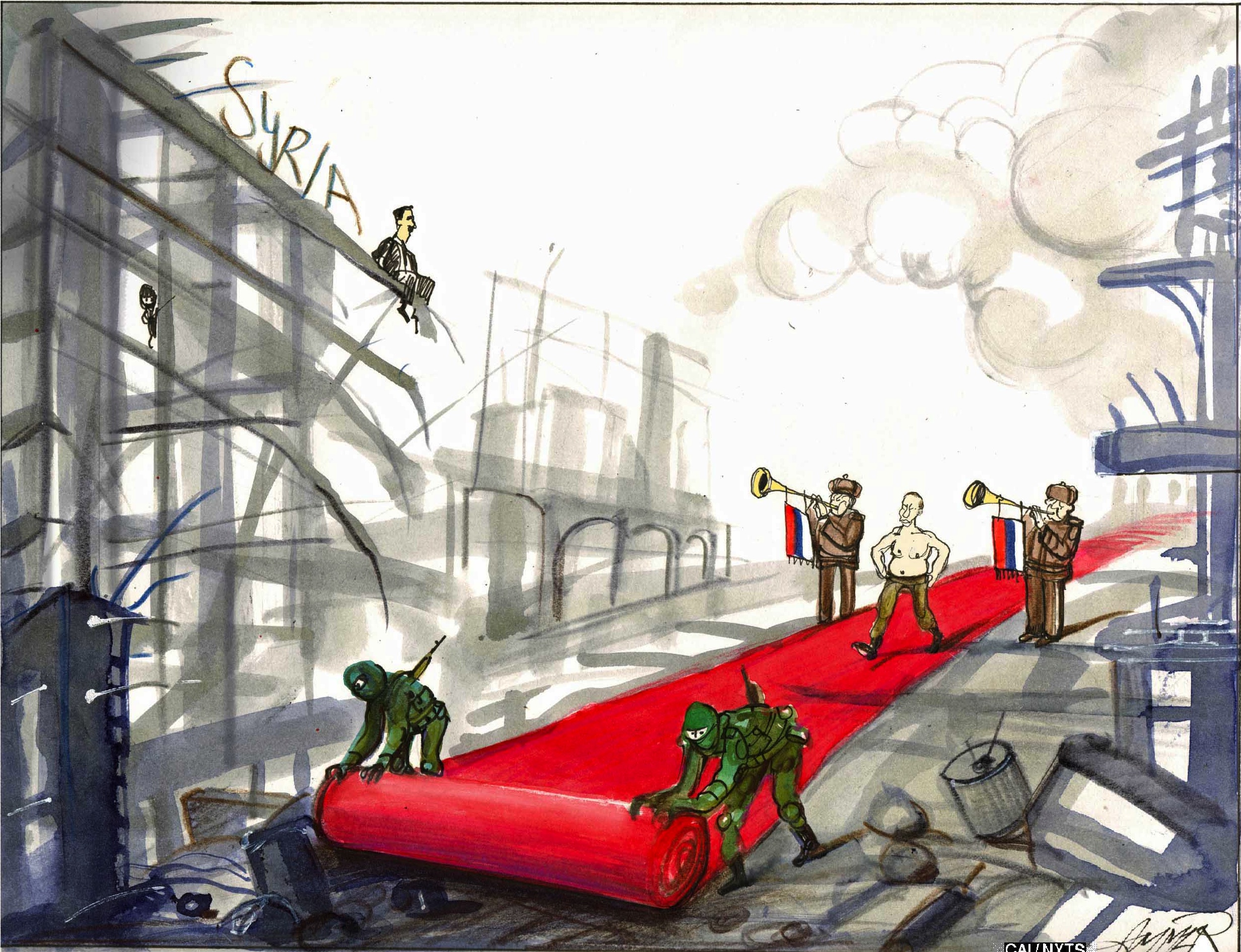Now that Russia has made it clear that it won't stay on the sidelines in the Syrian conflict, U.S. strategists are forced to think up a response. That's a familiar situation: For years, the United States has responded to each isolated Russian action instead of admitting that the two countries are on different sides of an important conceptual dispute about the nature of sovereignty.
To Russia, sovereignty is a traditional notion, rooted in the Treaty of Westphalia that ended the Thirty Years War in 1648. According to that settlement, states have full authority over their territories; no outside players may interfere. European countries and the Obama administration in the U.S. adhere to a different, more recent concept, ostensibly based on humanitarian values: If a regime is hurting its citizens, it's permissible to step in. Charles Ziegler of the University of Louisville wrote in a 2012 paper about the Russian concept of sovereignty:
Europe is moving, or has moved, beyond the traditional concept of the modern state toward a postmodern notion of limited sovereignty that must yield to humanitarian impulses. Russia, as China, largely adheres to the modernist principles of statecraft derived from Westphalia, a perspective that views sovereignty as virtually absolute. European cosmopolitanism in response holds this modernist interpretation of sovereignty to be backward, or barbaric. The U.S. is somewhere between the two extremes, deeply divided internally over the modern and postmodern views of sovereignty, with realists and isolationists adhering to the former, liberals and neoconservatives the latter.


















With your current subscription plan you can comment on stories. However, before writing your first comment, please create a display name in the Profile section of your subscriber account page.